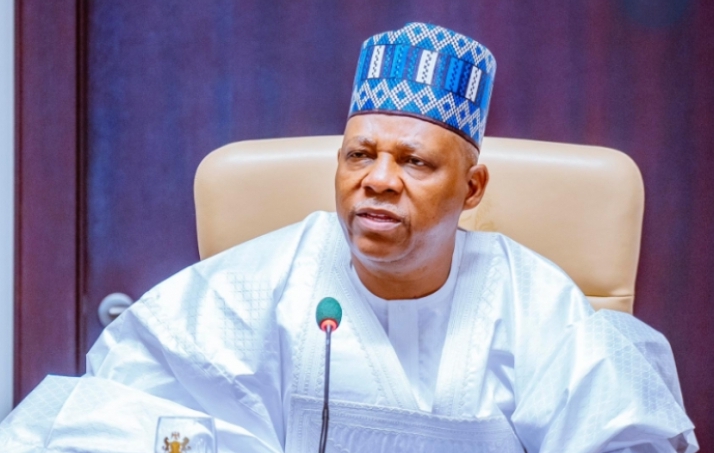Shettima calls for synergy to boost skills development
Vice President Kashim Shettima has urged stakeholders across Nigeria’s public and private sectors to enhance collaboration in order to effectively advance the nation’s skills development goals.
According to a statement released on Thursday by Stanley Nkwocha, Senior Special Assistant to the President on Media and Communications, Office of The Vice President, the Vice President emphasised that Nigeria’s demographic advantages could be fully realised by equipping its workforce and youth with essential skills in key economic sectors.
Shettima made these remarks while chairing the 5th meeting of the National Council on Skills in Abuja on Wednesday.
“We know that isolated programmes, no matter how well-intentioned, cannot substitute for a unified national strategy, that is why this council’s work remains indispensable. There are challenges but we can conquer them if we act with unity, urgency, and foresight,” he stated.
The National Council on Skills also discussed strategies to improve Nigeria’s skills landscape, aligning them with President Bola Tinubu’s 8-point agenda. The council commended the proposed Technical and Vocational Education and Training initiative, scheduled for unveiling on May 16, 2025.
The council further advocated for increased consultation with relevant ministries and departments regarding the TVET initiative, with a particular emphasis on prioritizing digital skills training, especially for young people.
The council also approved the adoption of National Skills Qualification certifications for skills training centers across Ministries, Departments, and Agencies, the 36 states of the federation, and the private sector. It also recognised the vital role of the private sector in driving skills development in Nigeria.
The meeting was attended by several key figures, including the Ministers of Education, Youth Development, Communications & Digital Economy, Industry Trade & Investment, Works, and Women Affairs, as well as representatives from state governments, heads of agencies, the organized private sector, and development partners.


























